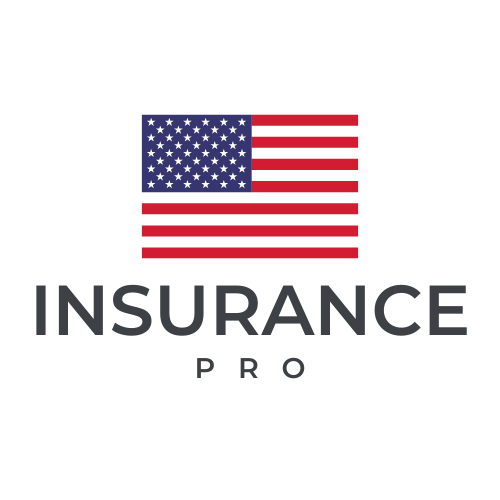Variable life insurance is a type of permanent life insurance that offers a unique combination of death benefits and investment potential. It’s a more complex product than traditional whole life or universal life insurance, but it can be a good option for individuals who are comfortable with investment risk and are seeking higher returns.
Key Features of Variable Life Insurance:
- Investment Options: Policies offer a variety of investment options, such as stocks, bonds, and mutual funds. You can allocate your cash value among these investment options.
- Death Benefit: The death benefit is the amount your beneficiaries will receive upon your death. The death benefit can be adjusted over time.
- Cash Value: Policies build cash value, which can be accessed through loans or withdrawals. The growth of the cash value is linked to the performance of the underlying investment options.
- Flexibility: Variable life insurance policies offer some flexibility in terms of premium payments and death benefit adjustments.
- Risk: Variable life insurance involves investment risk. The performance of the underlying investment options can fluctuate, which can impact the growth of your cash value and the death benefit.
How Variable Life Insurance Works: 
- Premium Payments: You pay premiums to the insurance company. A portion of your premium is allocated to the death benefit, while the remaining portion is used to purchase a cash value accumulation account.
- Investment Options: You can allocate your cash value among a variety of investment options. The performance of these investment options will determine the growth of your cash value.
- Death Benefit: The death benefit is the amount your beneficiaries will receive upon your death. The death benefit can be adjusted over time, but it’s subject to certain limitations.
- Loans and Withdrawals: You can access the cash value in your accumulation account through loans or withdrawals. However, loans and withdrawals will reduce the death benefit.
Advantages of Variable Life Insurance:
- Investment Potential: Offers the potential for higher returns than traditional life insurance policies, due to the investment options available.
- Flexibility: Offer some flexibility in terms of premium payments and death benefit adjustments.
- Tax Benefits: Offer certain tax benefits, such as tax-deferred growth of the cash value and tax-free death benefits.
Disadvantages of Variable Life Insurance:
- Investment Risk: Involves investment risk. The performance of the underlying investment options can fluctuate, which can impact the growth of your cash value and the death benefit.
- Complexity: Is a more complex product than traditional life insurance policies, making it important to understand the terms and conditions carefully.
- Fees and Expenses: Policies may involve fees and expenses, such as mortality charges, expense charges, and investment management fees, which can reduce the overall return on your investment.
- Minimum Death Benefit Requirements: Some policies have minimum death benefit requirements, which can limit your ability to adjust the death benefit.
- Surrender Charges: If you surrender your policy early, you may be subject to surrender charges, which can reduce the amount of cash value you receive.
Choosing the Right Variable Life Policy
If you’re considering variable life insurance, it’s important to understand the risks involved and to carefully evaluate your investment options. You should also consider your financial goals, risk tolerance, and time horizon. It’s recommended to consult with a qualified insurance agent or financial advisor to discuss your specific needs and explore the available options.
Additional Considerations:
- Variable Universal Life (VUL): A type of variable life insurance that offers more flexibility in terms of premium payments and death benefit adjustments.
- Equity-Indexed Universal Life (EUL): A type of universal life insurance that offers a guaranteed death benefit and a potential for higher returns based on the performance of an underlying stock index.
- Diversification: Consider diversifying your investments within your variable life insurance policy to manage risk.
- Regular Review: It’s important to regularly review your variable life insurance policy to ensure that it still meets your needs and that your investment choices are appropriate for your risk tolerance.
By understanding the key features, benefits, and potential drawbacks of variable life insurance, you can make an informed decision about whether this type of policy is right for you.
If you’d like to know more about what you qualify for, schedule a free consultation.
We are also looking for great people to work with at our agency. If you are looking for a new career, take a look at our company, Symmetry Financial Group here.

